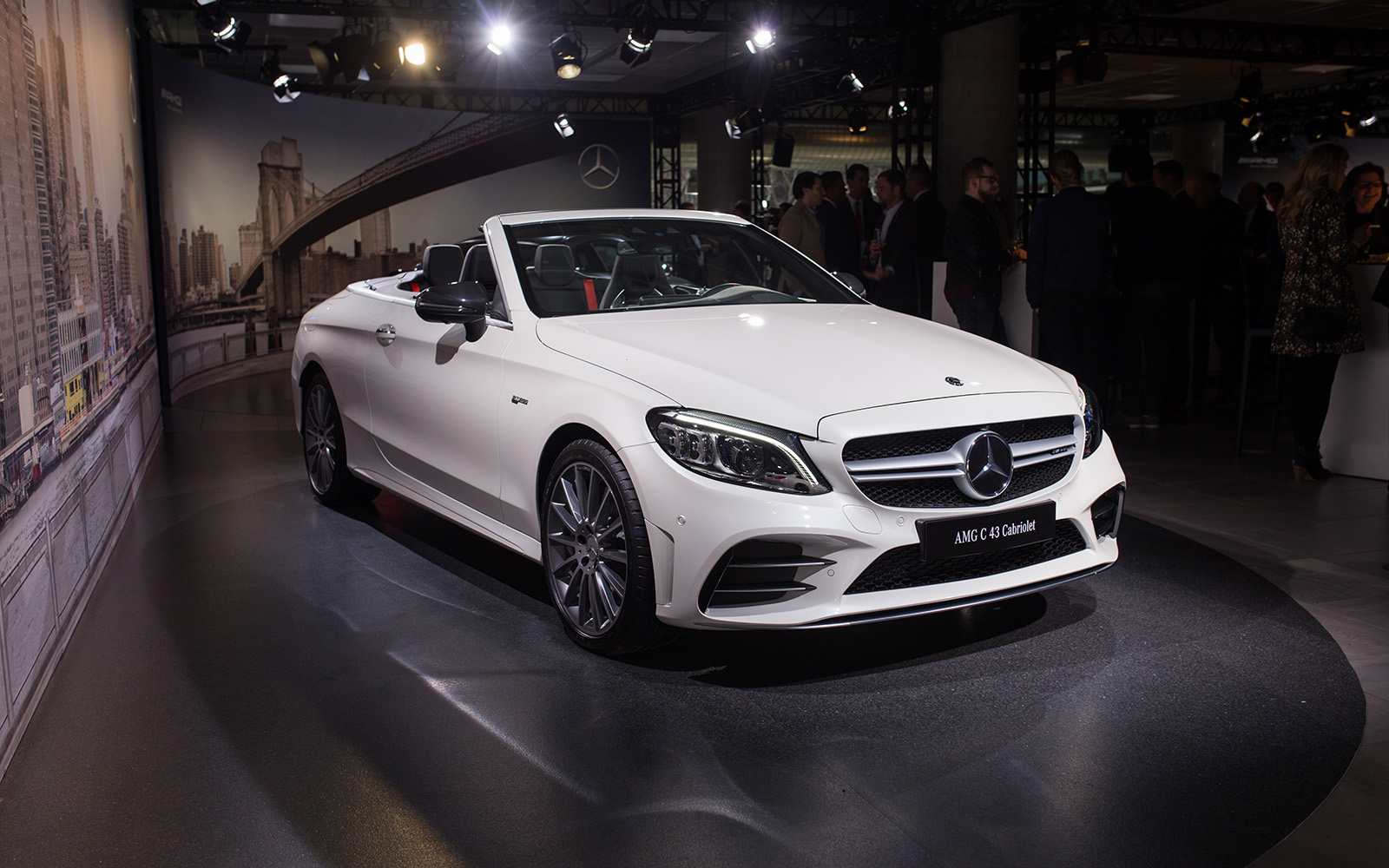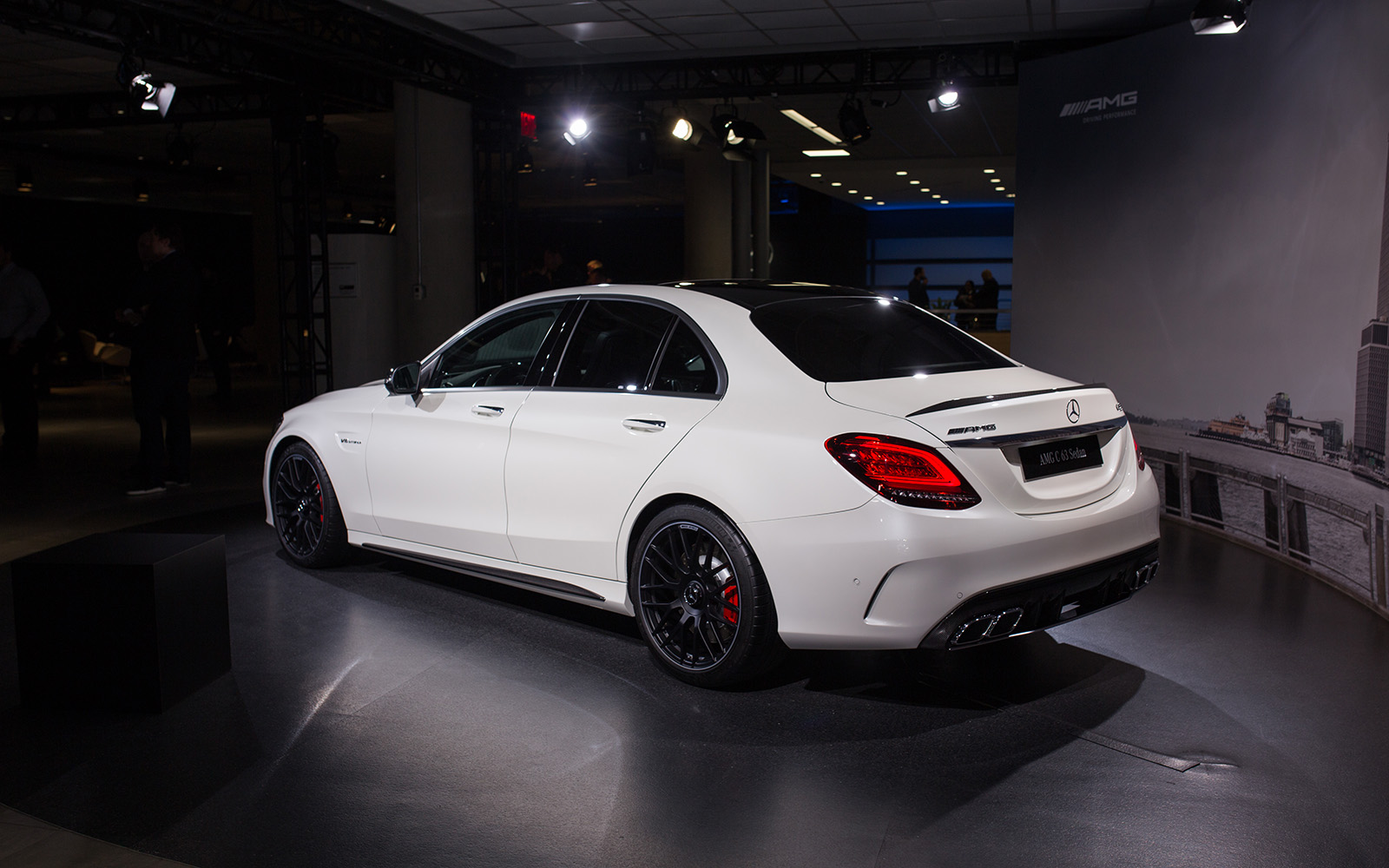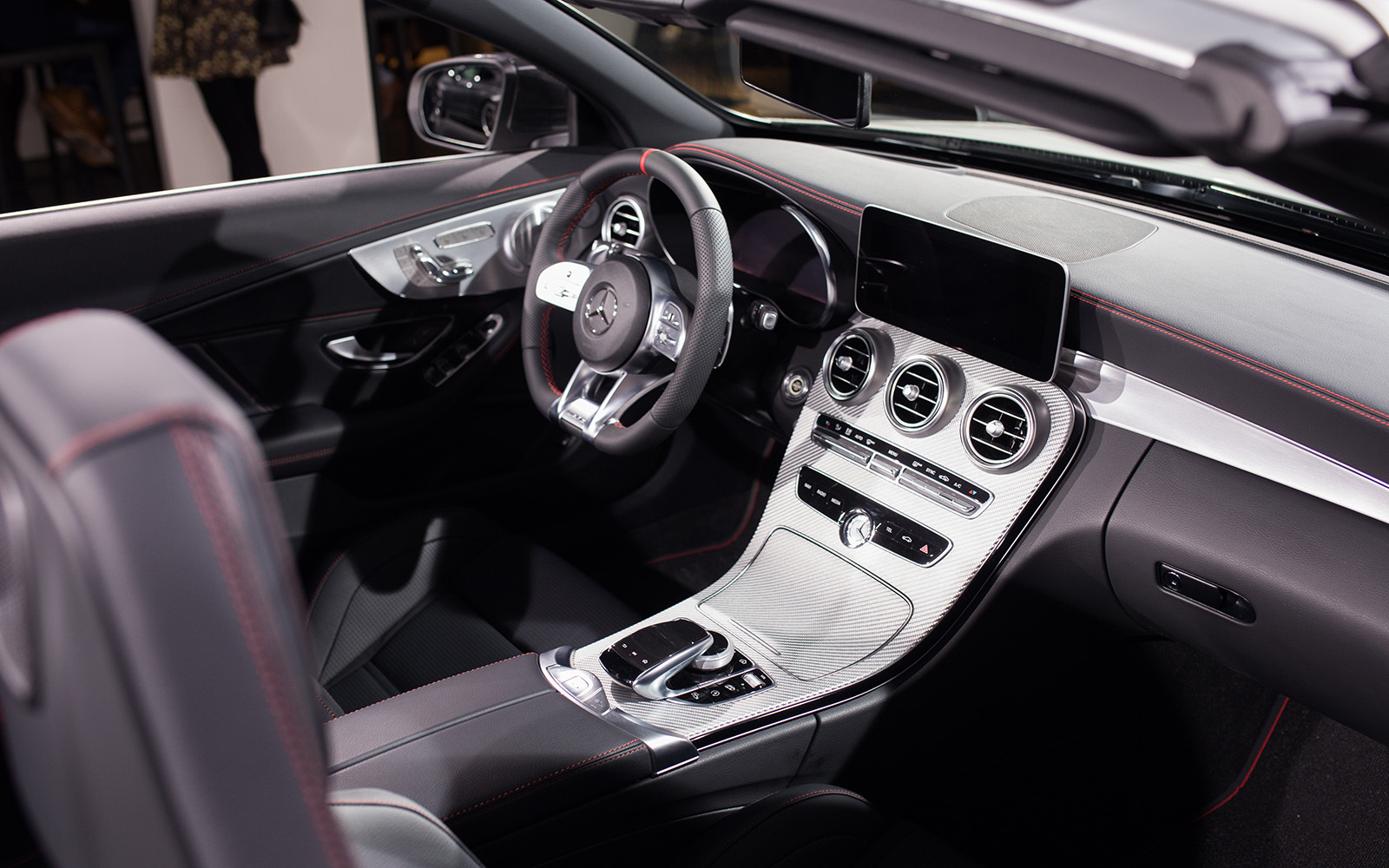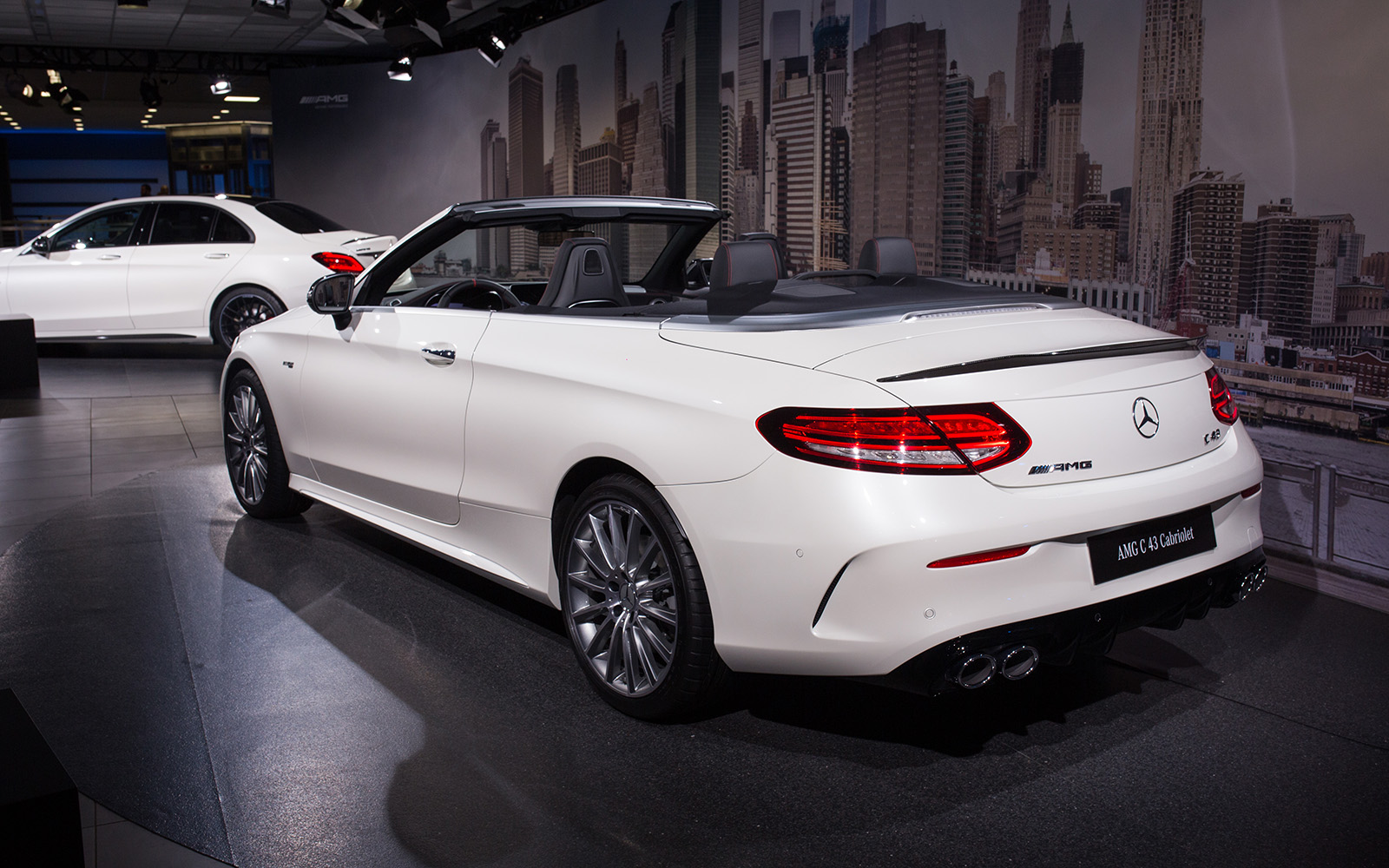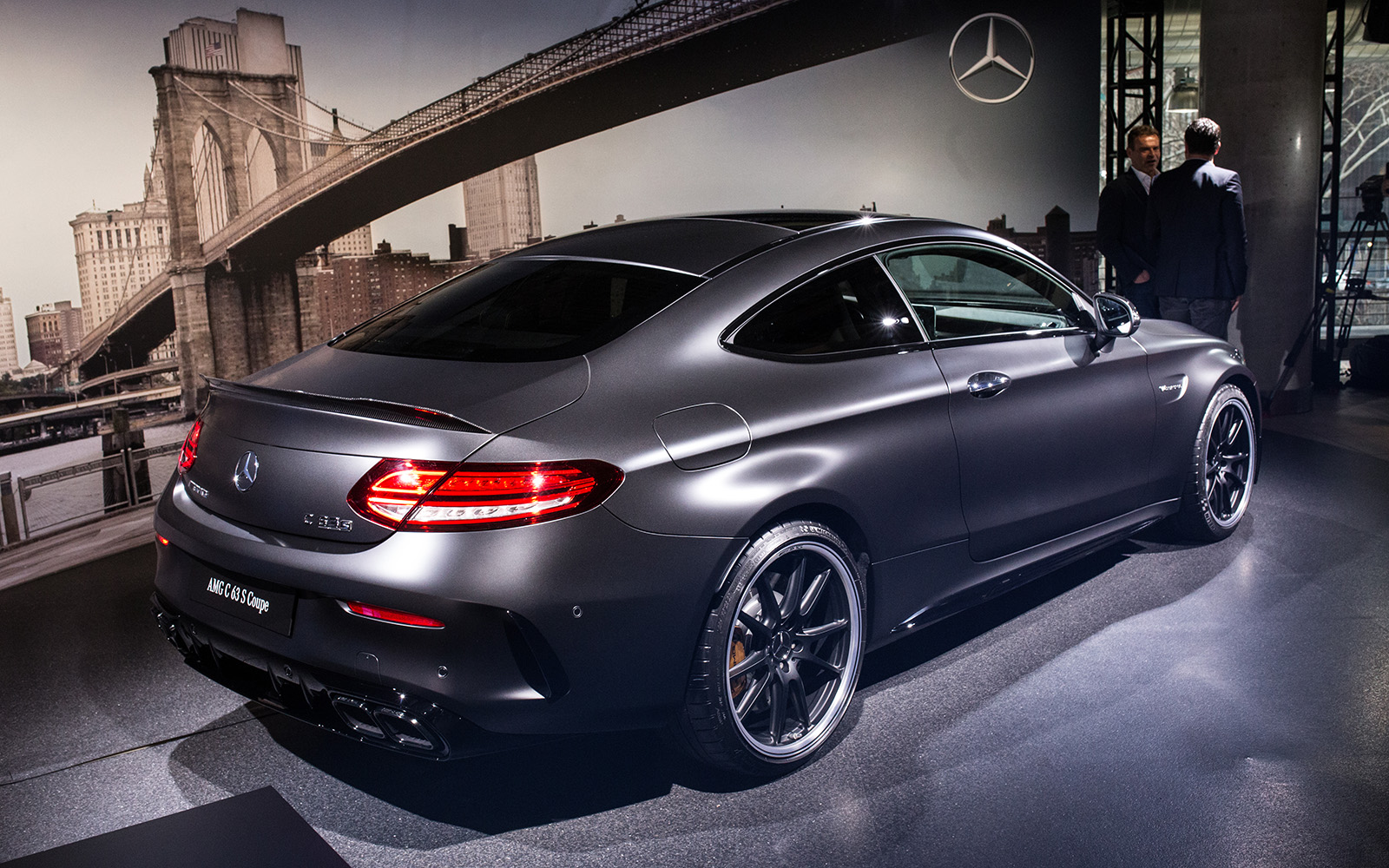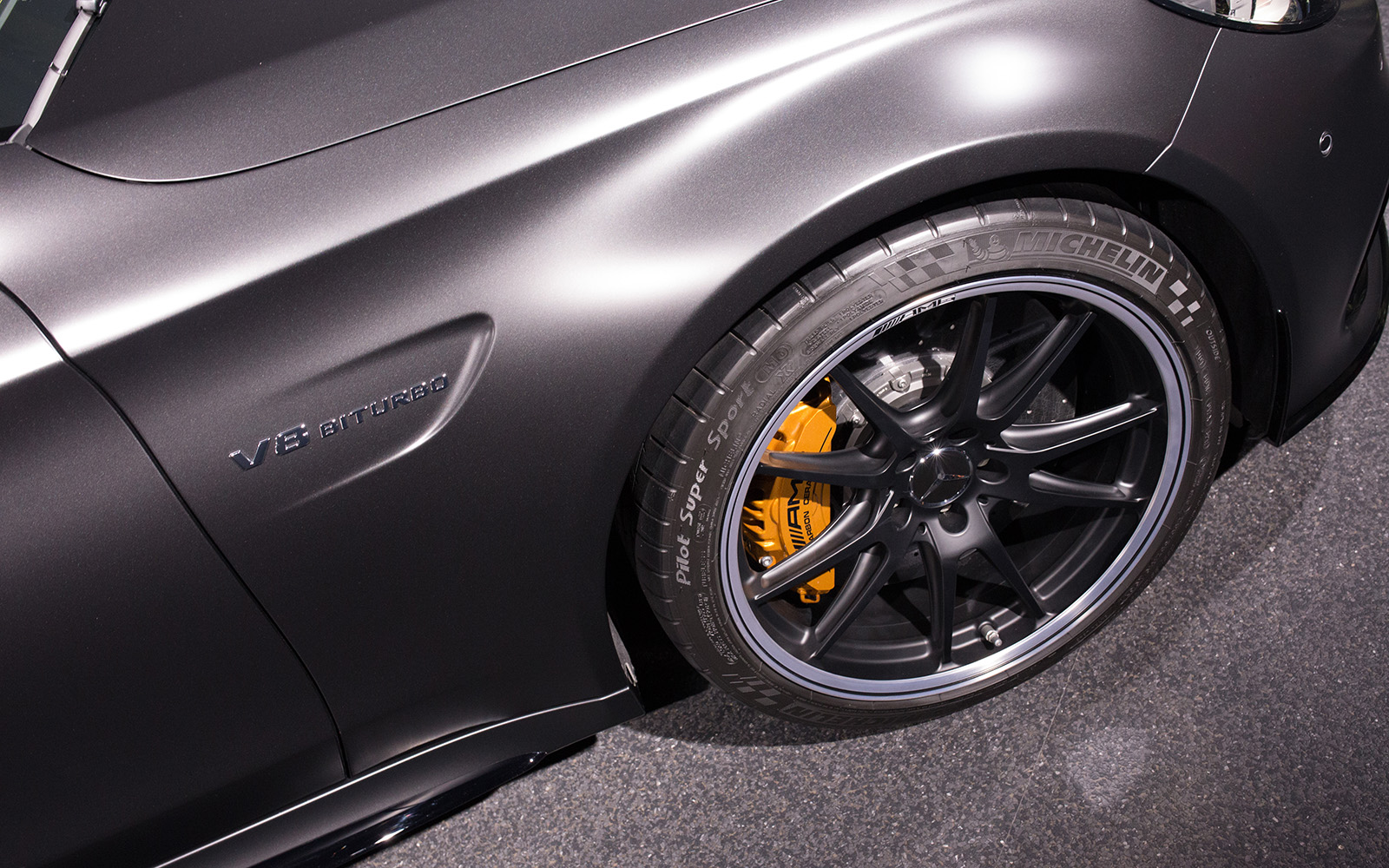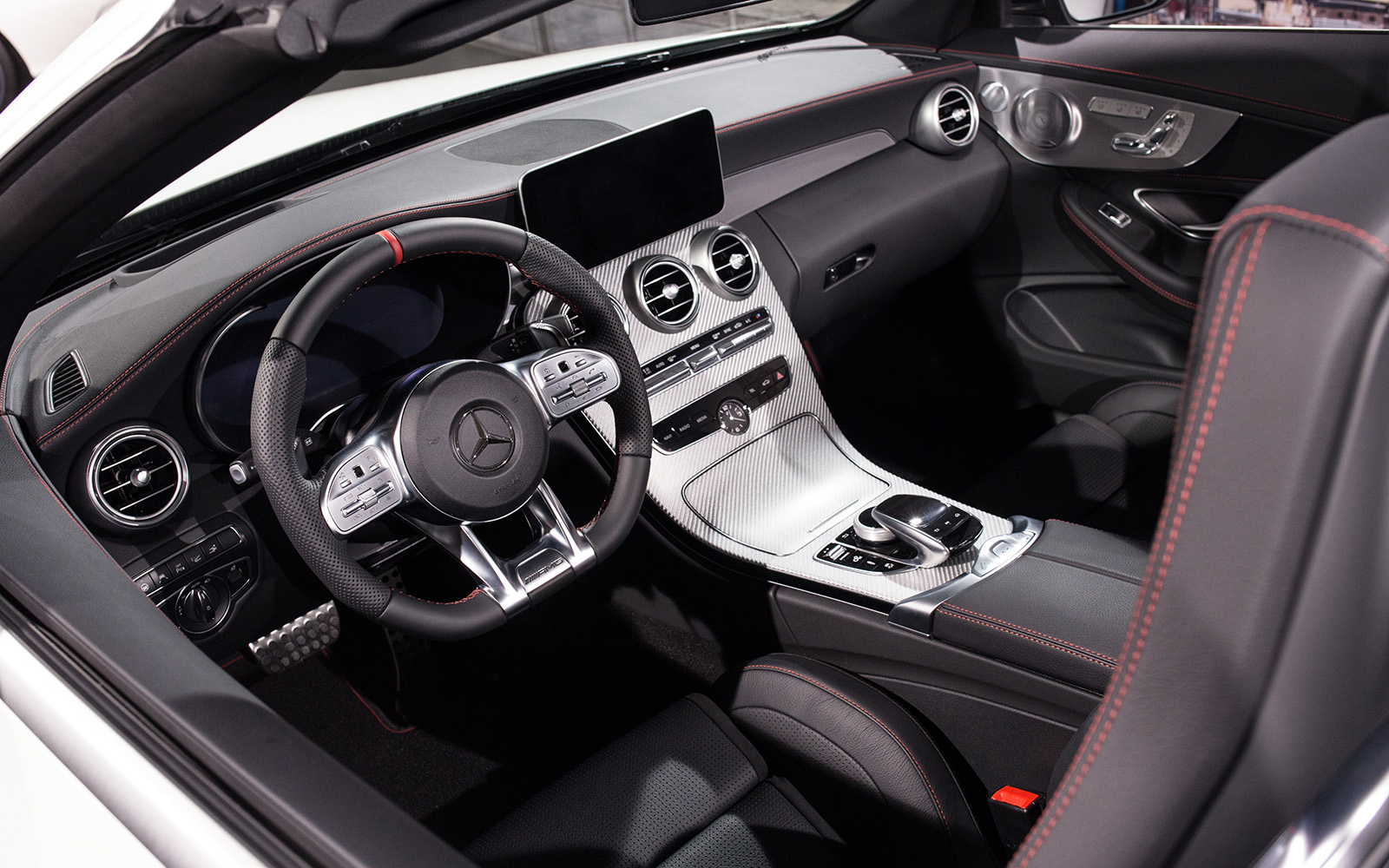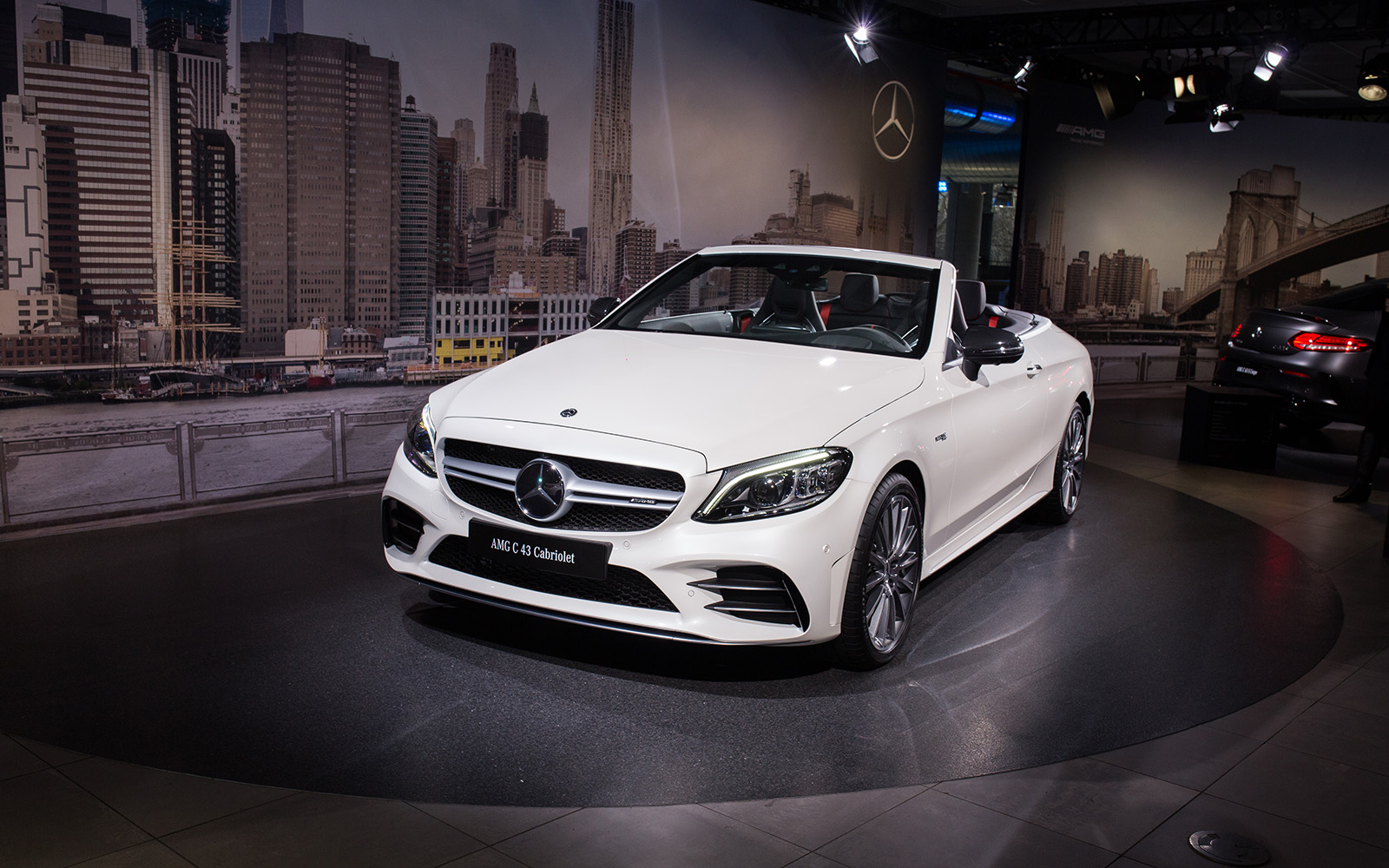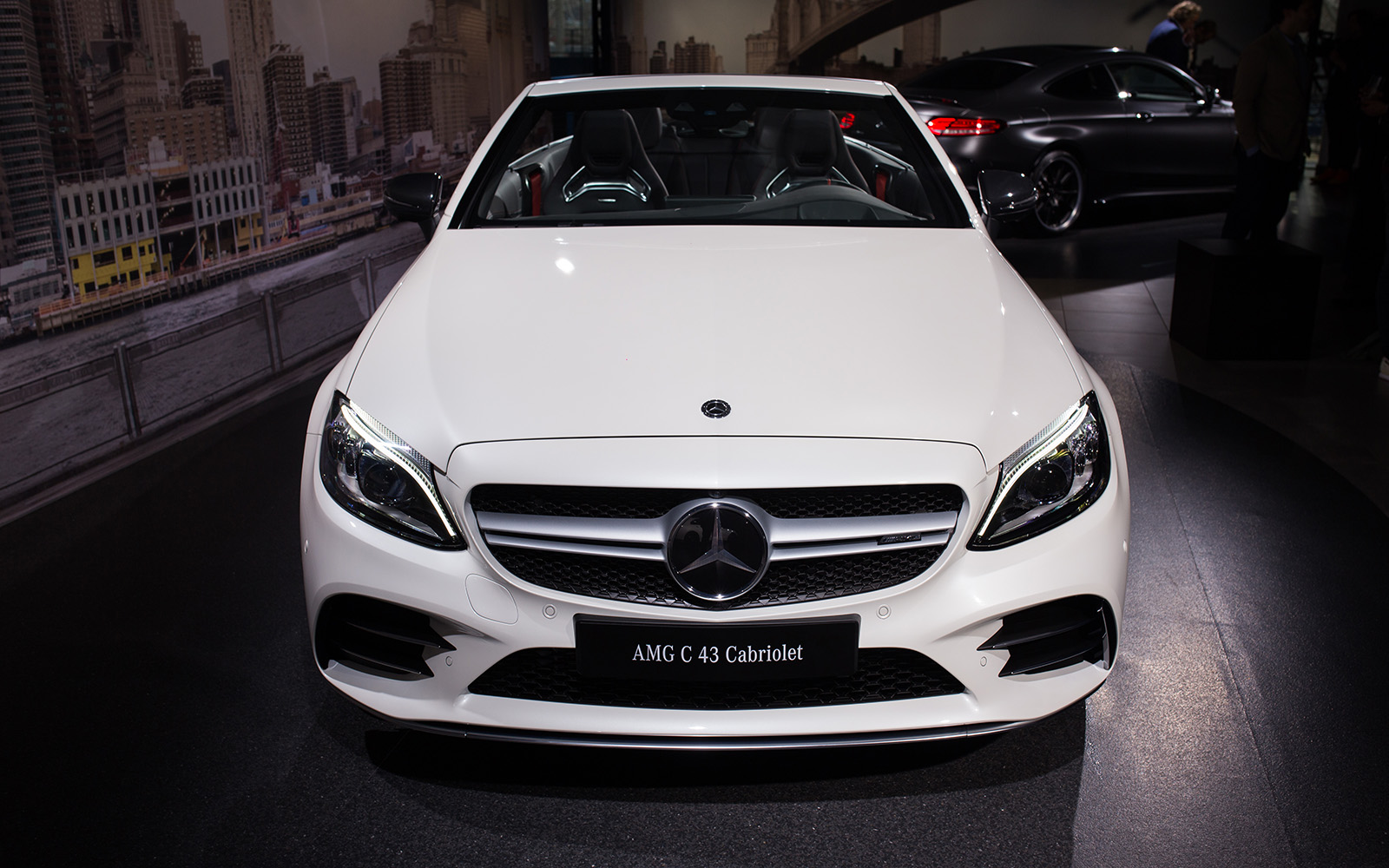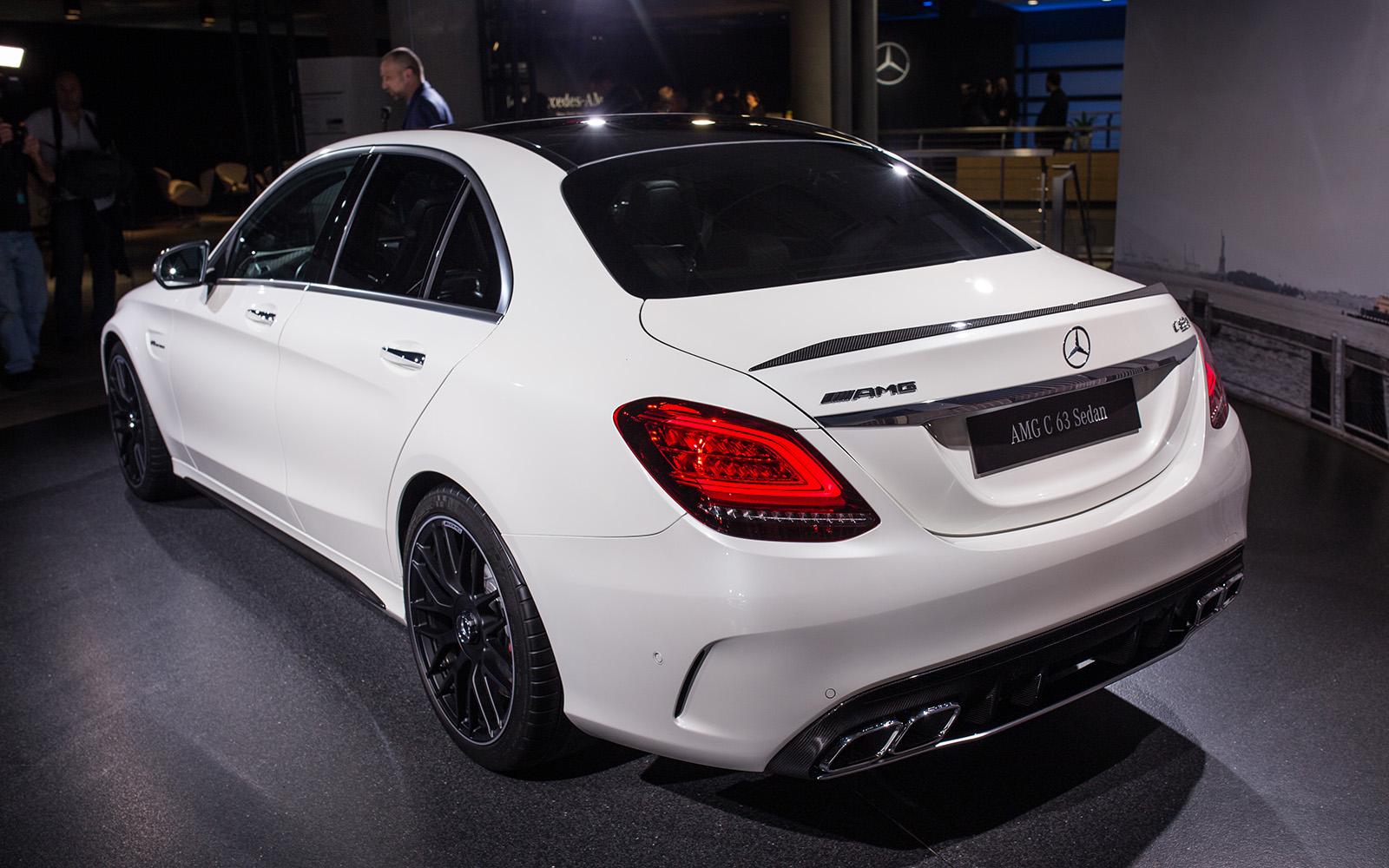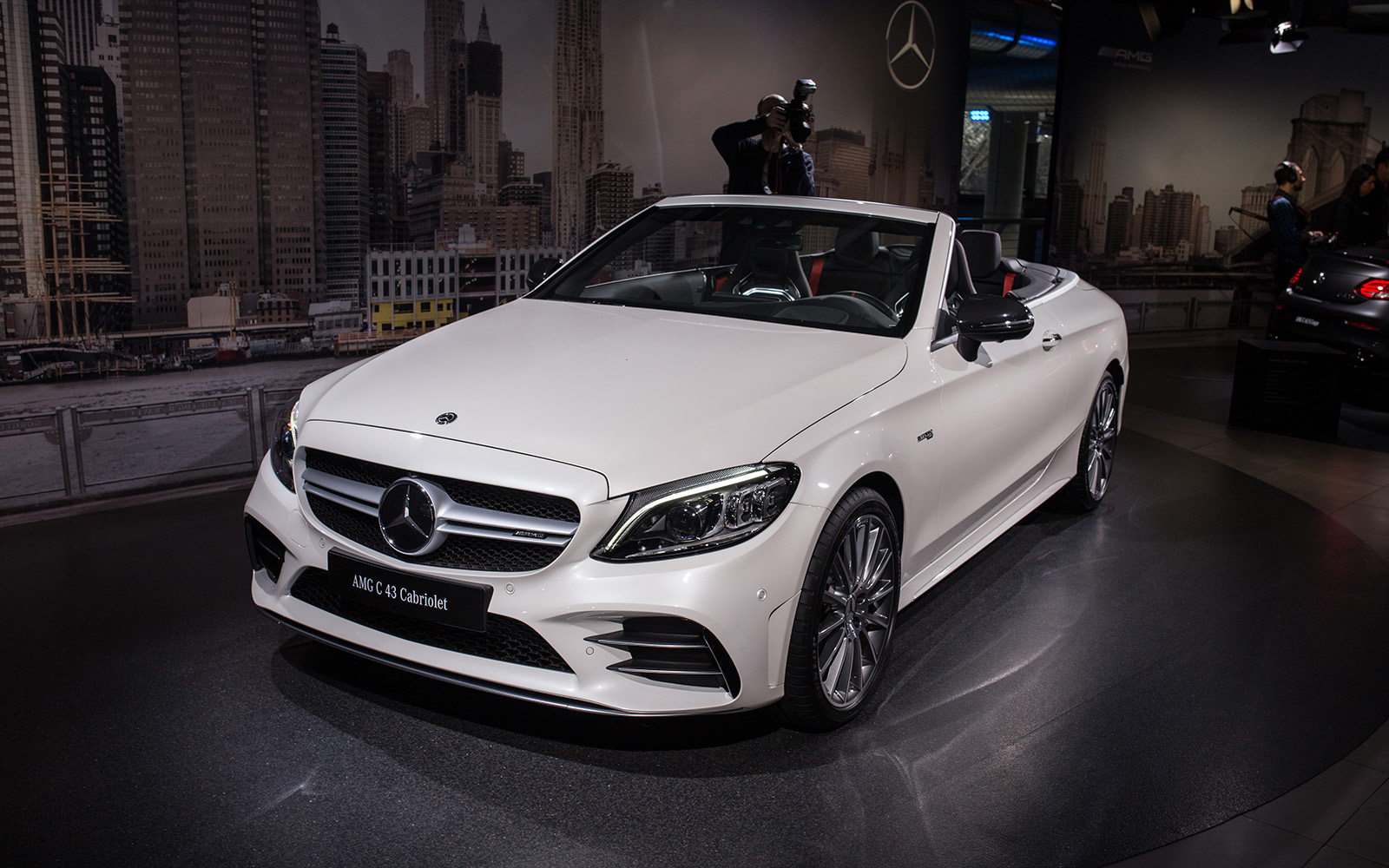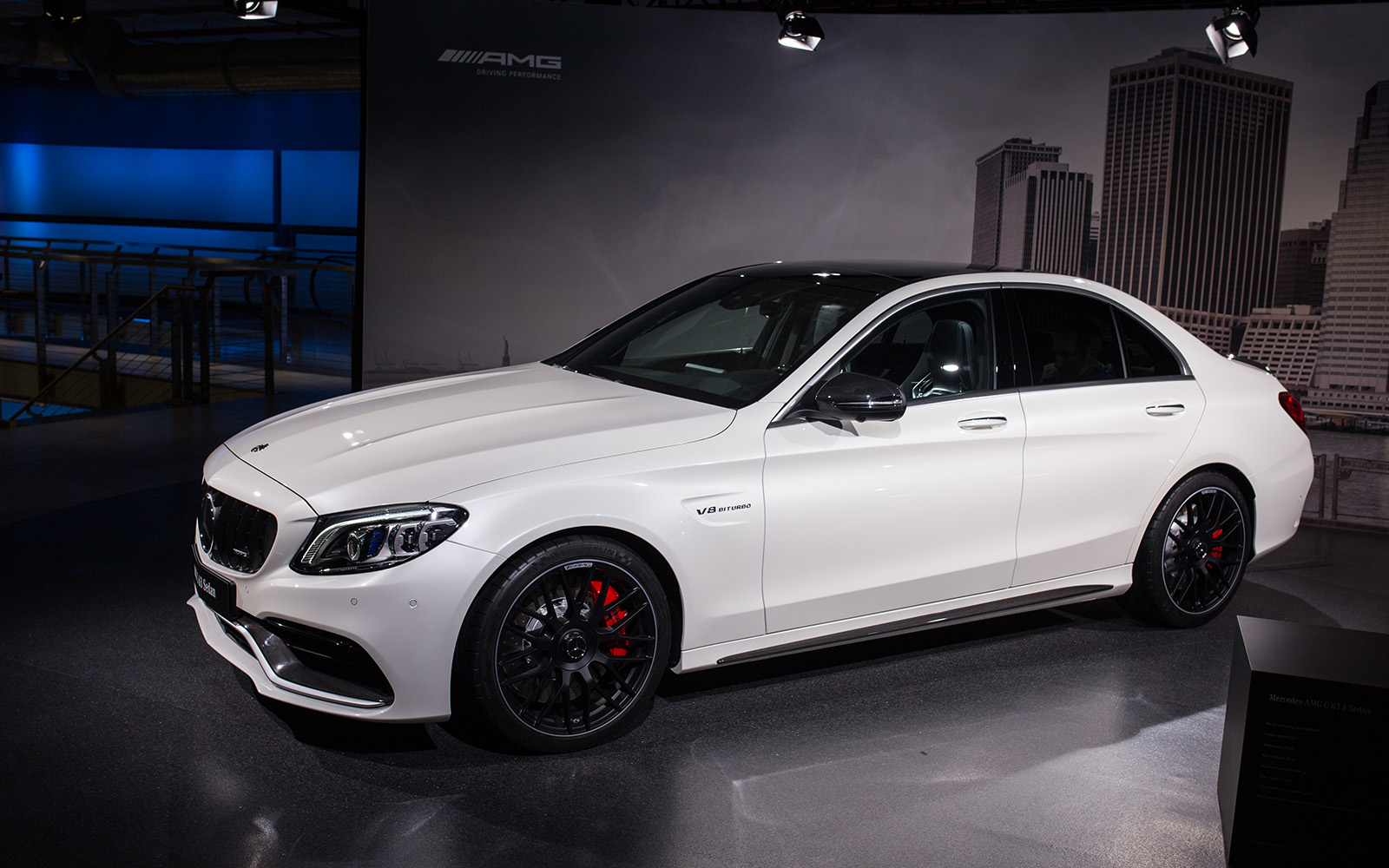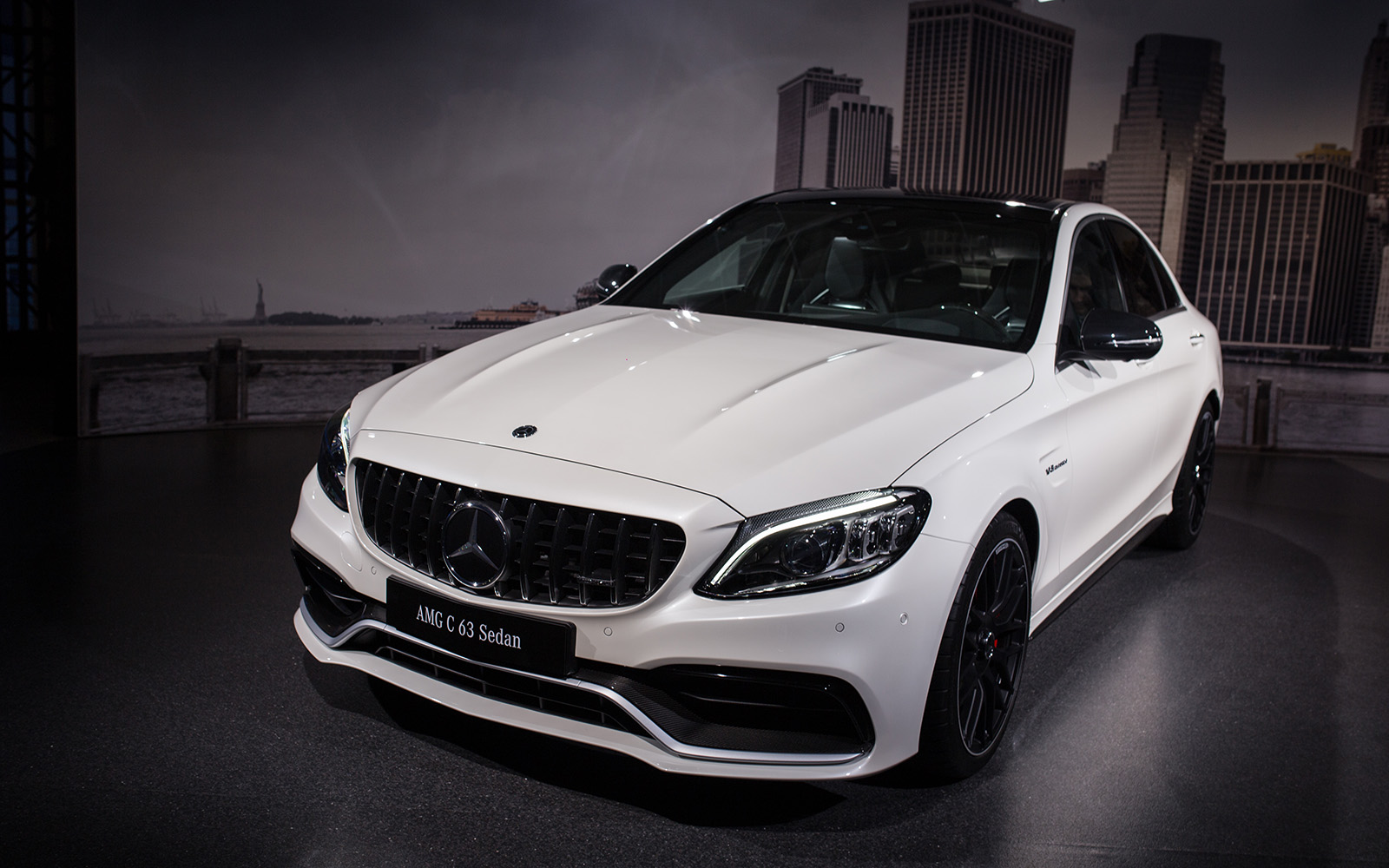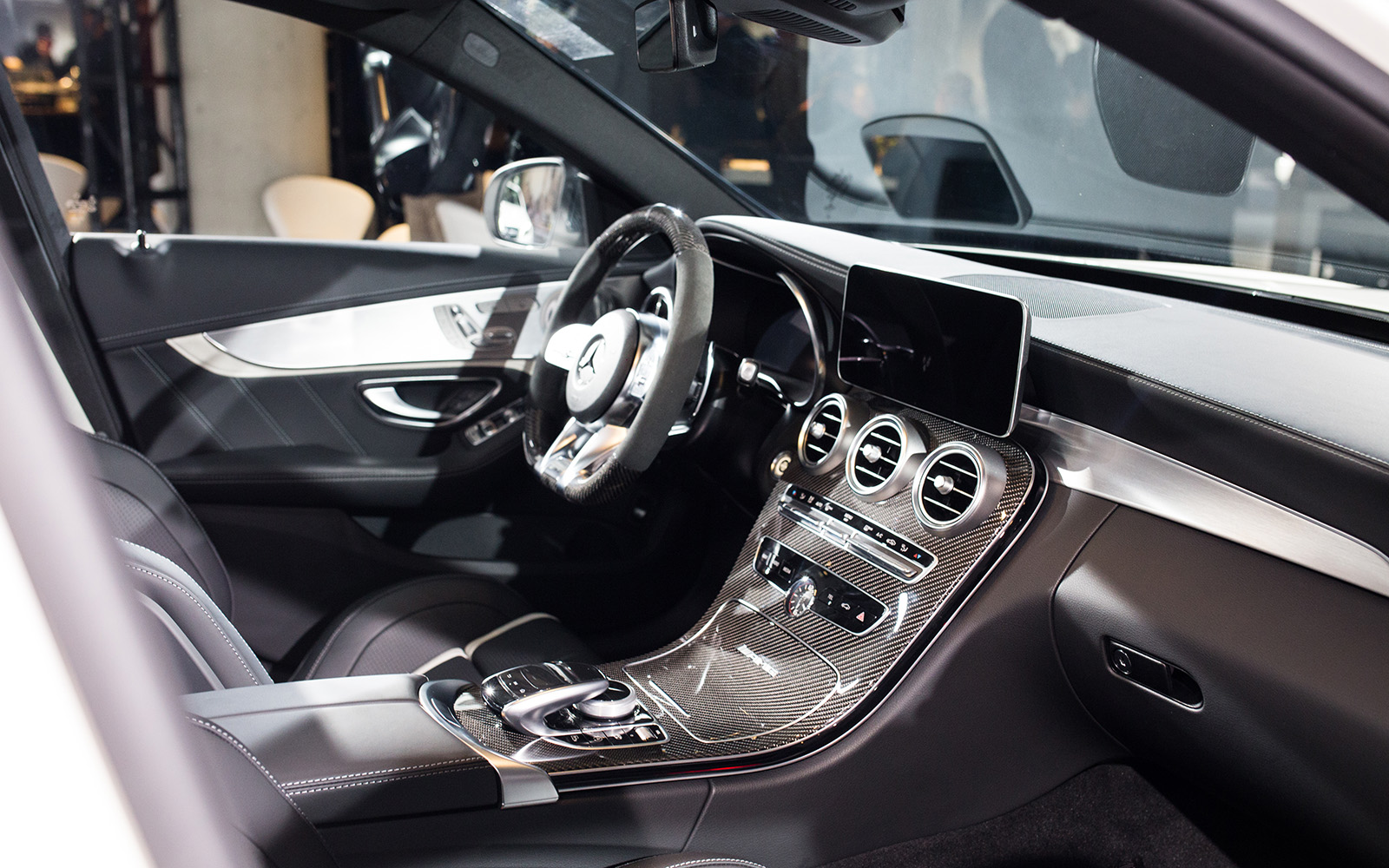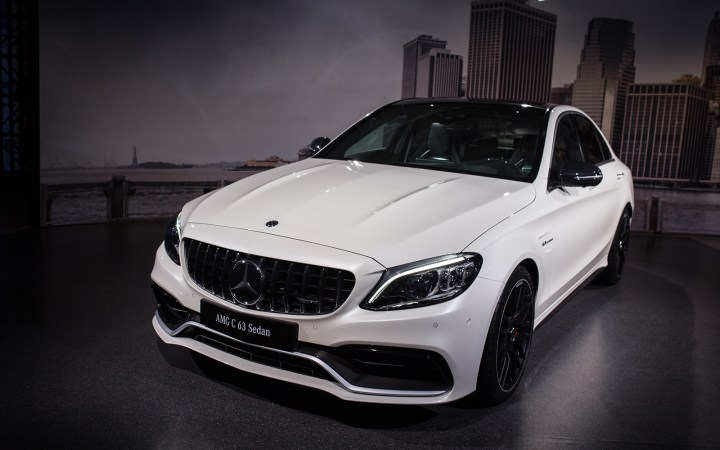
Hybrid electric engines effectively save fuel in cars like the Toyota Prius, but only in the last decade have they found a place in motorsports. Ferrari introduced hybrid powertrains to Formula 1 with its KERS or Kinetic Energy Regenerative Systems, and a Porsche 919 Hybrid did laps at Le Mans last year — the footage is awesome. Now they’re coming to the traditional performance arms of automakers.
Tobias Moers, head of Mercedes-AMG, told Australian car outlet CarAdvice that the next C63 AMG will most definitely be a hybrid.
“I think the formula is perfect for now, but for sure we need to have a close look at viable alternatives, because we have to be creative and I’m chasing performance and that’s not strictly linked to the number of cylinders,” Moers told the outlet.
For years, the performance divisions of Germany’s big automakers – BMW M, Audi S, Mercedes-AMG – all held their ground, denying any interest in electrifying any of their signature performance vehicles. Porsche has waffled on hybridizing the 911 for years. That’s because from a marketing standpoint, with hybrids perceived as a fuel-saving option for “green” cars, the technology didn’t exactly align with the performance goals of these brands.
But as automakers continue pushing for an all-electric future and governmental bodies enact stricter emissions and fuel economy regulations for automakers (well, probably), it’s obvious these performance divisions can stick to gas engines for only so long. The solution – that is, until battery technology improves significantly to provide reliable and practical driving ranges, and charging infrastructure becomes as common as your typical gasoline filling station – is to blend the best of both worlds with hybrids.
“The next Mercedes-AMG C63 will be a hybrid – that’s now a given.”
Current battery technology prevents most all-electric vehicles today from traveling the same distances as a traditional gas-powered vehicle, and charging speeds still present practicality issues. Additionally, charging infrastructure still lacks in comparison to the number of gasoline stations readily available.
Just last year, Mercedes-AMG’s direct rival BMW M announced its interest in hybrid powertrains for future M cars. But the company didn’t disclose what model it would specifically change into a hybrid first. News of plans for the C63 lays pressure onto Mercedes-AMG’s rival — and ultimately, the C63’s direct rival, the BMW M3, the German automaker’s most iconic vehicle.
While hybrids initially were meant as a solution to reducing fuel consumption and emissions, the advent of more powerful battery and hybrid technology proved welcome from a performance standpoint. The instantaneous delivery of torque and power from electric motors provides performance benefits and helps automakers continue to move forward with electrifying their vehicles. The best modern hybrids are efficient and powerful.
Additionally, the gas-powered engine aspect of the hybrid powertrain means that they’re also not burdened with the limited driving ranges of all-electric vehicles, enabling more reliable long-distance travel and easy fill-ups.
So while hybrids aren’t full-electric vehicles, they’re the best solution to applying current technology to a current problem as the automobile industry slowly but surely transitions to full-electrification. Hybrids entering major performance brands like Mercedes-AMG and BMW M is a sign that even more will be on the way.
Editors' Recommendations
- Part plug-in, part dragster, the Mercedes-AMG GLC63 is an SUV of many faces
- Mercedes-AMG EQE proves performance EVs are here to stay
- Mercedes-Benz’s electric EQC is one of the most affordable cars in its segment
- Aston Martin’s first SUV will share an engine with its sports car siblings
- 2021 Mercedes-AMG GLE53 coupe is an SUV that wishes it was a sports car
